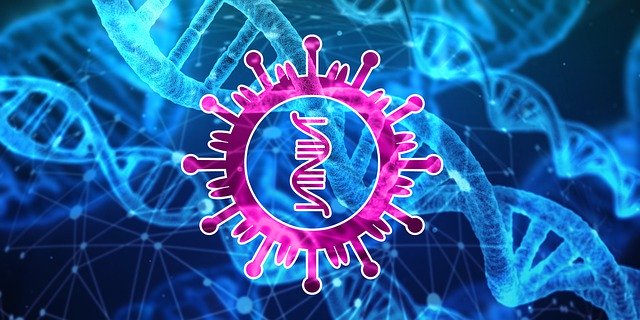One of the key characteristics of severe COVID-19 cases and the common cause of death is respiratory failure (SRF). However, for unknown reasons it only affects around 10% of infected with SARS-CoV-2.
The new study by the team of Italian and Spanish scientists focusing on that topic analyzed the genomes of 1980 patients who were hospitalized with respiratory failure caused by SARS-CoV-2. The control group consisted of healthy people from Spain and Italy. After quality control and exclusion of population outliers, 835 patients and 1,255 population-derived controls from Italy, and 775 patients and 950 controls from Spain were included in the final analysis.
In total, around 8.5 million single-nucleotide polymorphisms (SNP) were analyzed and it was discovered that some of them are connected to the SARS-CoV-2 severity. Researchers noted the gene CLS6A20 from the third chromosome from the cluster, which encodes the Sodium/Imino-acid (proline) Transporter 1 (SIT1) that functionally interacts with angiotensin converting enzyme 2 (ACE), the SARS-CoV-2 cell surface receptor. The same locus also contains chemokine receptor genes.
The other association is located in the ninth chromosome locus, which is responsible for AB0 blood groups. The research found that people with the blood group A are more likely to be vulnerable to respiratory failure caused by COVID-19, while the blood group 0 lowers the chance of severe SARS-CoV-2 infection. The chance ratio for group A compared to other groups is 1,45 and 0,65 for the group 0.
No associations were found in HLA (human leukocyte antigen) complex, despite an existing connection of this region with certain viral infections.
This study is the first big research focusing on SARS-CoV-2 genetic predisposition. However, it is possible that the small sample might affect the final results, scientists note.
